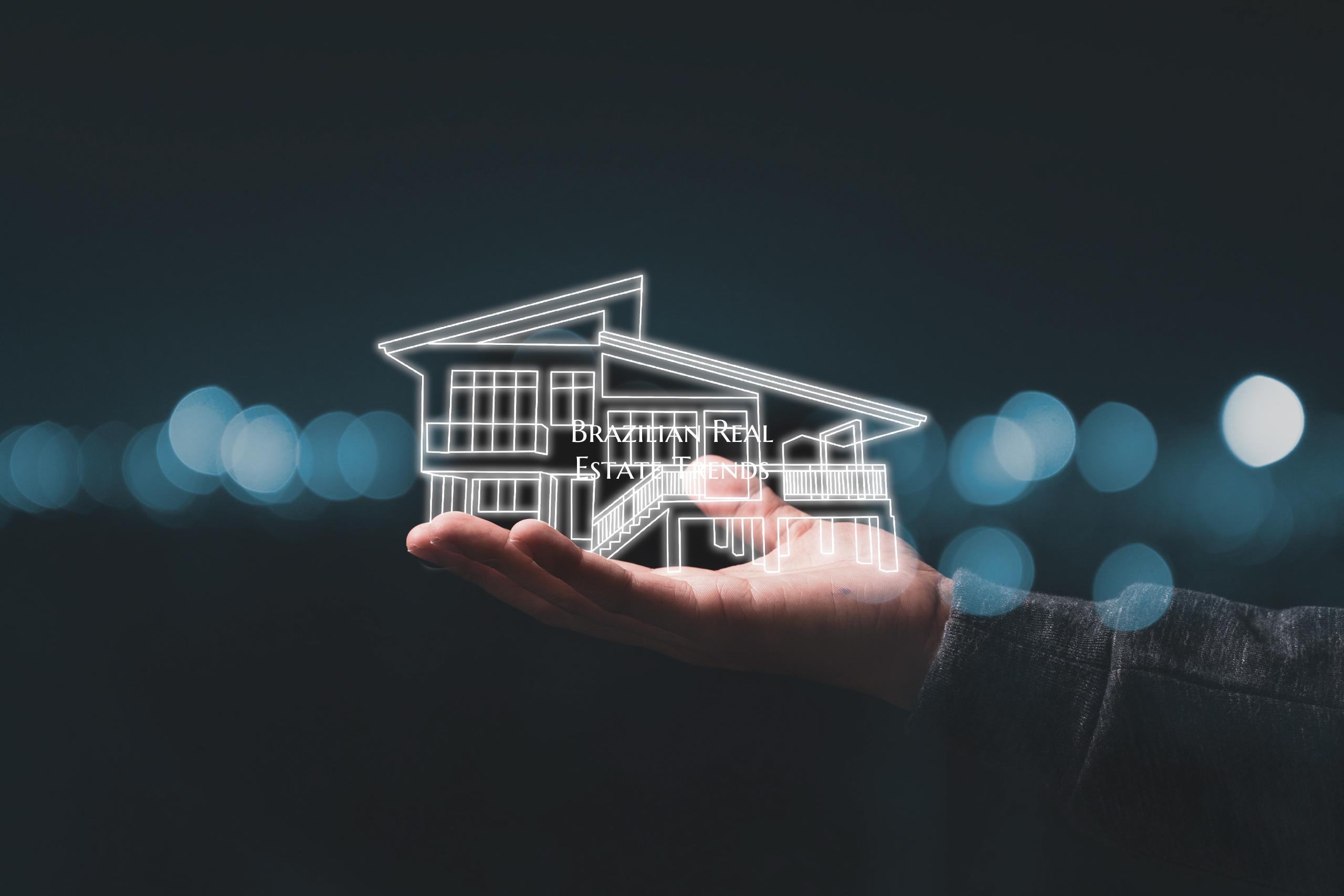Brazilian Real Estate Trends

Introduction: Brazil's real estate market is known for its vibrancy and resilience, characterized by fluctuating trends influenced by economic, social, and political factors. Understanding the current state and emerging trends in the Brazilian real estate sector is crucial for investors, developers, and homeowners alike.
1. Shift Towards Sustainable Development: In recent years, there has been a noticeable shift in the Brazilian real estate market towards sustainable development. With increasing awareness about environmental issues, developers are incorporating green building practices and technologies to reduce the carbon footprint of new constructions. This trend is not only driven by regulatory requirements but also by the growing demand from environmentally-conscious buyers.
2. Rising Demand for Smart Homes: The concept of smart homes is gaining popularity in Brazil, with modern buyers seeking properties equipped with cutting-edge technology for enhanced convenience, security, and energy efficiency. From home automation systems to energy-saving devices, the integration of smart technology is reshaping the real estate landscape in major Brazilian cities.
3. Urban Renewal and Mixed-Use Developments: Urban renewal projects and mixed-use developments are on the rise in Brazil's major metropolitan areas as developers seek to optimize limited urban space and meet the diverse needs of residents. Mixed-use developments combine residential, commercial, and recreational spaces within the same complex, offering residents a seamless blend of work, leisure, and living spaces.
4. Affordable Housing Initiatives: Addressing the issue of affordable housing remains a key focus in Brazil, where a significant portion of the population struggles to access decent and affordable housing options. Government-backed initiatives and partnerships with private developers are being leveraged to create affordable housing solutions, particularly in urban areas where housing demand outstrips supply.
5. Foreign Investment Opportunities: Brazil's real estate market continues to attract foreign investors looking to capitalize on the country's economic growth potential and diverse real estate offerings. From luxury beachfront properties to commercial office spaces, international investors are drawn to Brazil's promising real estate sector, contributing to its overall growth and development.
Conclusion: As Brazil's real estate market evolves and adapts to changing trends and consumer preferences, staying informed about the latest developments is essential for anyone involved in the industry. By keeping an eye on sustainable practices, technological advancements, urban planning initiatives, affordable housing projects, and investment opportunities, stakeholders can position themselves for success in the dynamic Brazilian real estate market.
